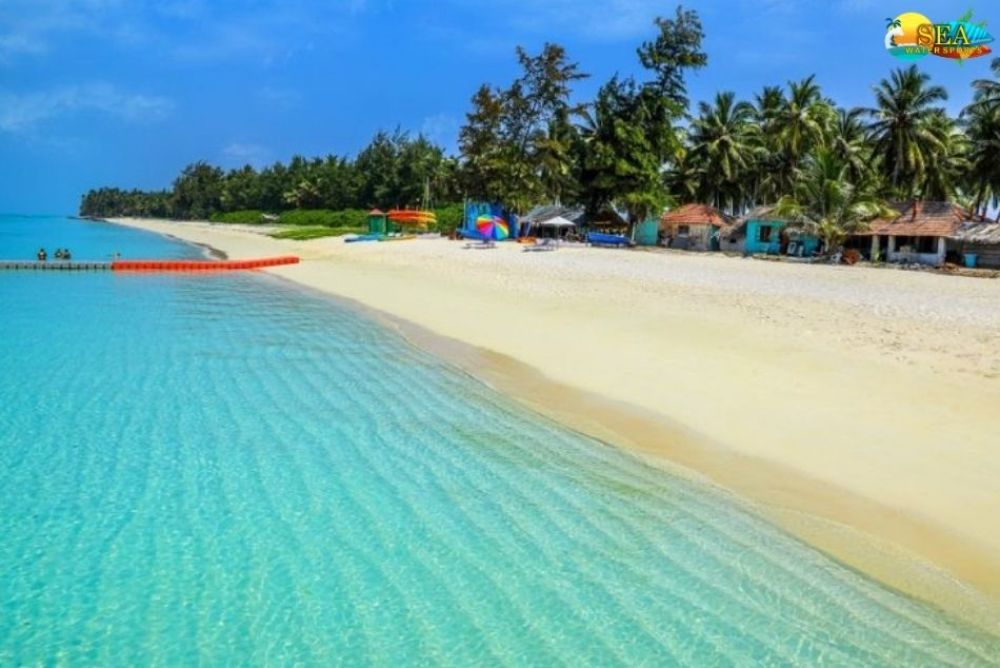

The stunning Amini Island in Lakshadweep, India, has historically been a hidden gem amongst the islands of the Arabian Sea. While Lakshadweep has been known for its beautiful and untouched beaches, it was only in the latter half of the 20th century that tourism began to develop as an industry on these islands.
The history of tourism in Amini Island has been closely linked to the overall development of the Lakshadweep archipelago. For years, the islands were mainly inhabited by local communities, with the economy primarily focused on fishing and coconut cultivation. However, the late 1970s saw the introduction of policies aimed at promoting tourism in the area.
In response to these changes, the first steps towards creating a tourist infrastructure were taken, with small, eco-friendly resorts being established to accommodate the few but increasing number of visitors. The concept of "responsible tourism" was embraced early on, ensuring that tourism development would not disrupt the delicate ecosystem of the islands or the traditional way of life of the inhabitants.
Over the years, as more travelers began seeking out unique and untouched destinations, Amini Island started gaining recognition for its crystal-clear waters, vibrant coral reefs, and pristine beaches. Access to the island improved, with scheduled flights and ships providing connections to the mainland, thus further facilitating the growth of tourism.
Responsible and sustainable tourism practices have remained central to this development, with local authorities regulating the number of visitors to prevent over-crowding and to minimize environmental impact. This approach has helped Amini Island maintain its charm and natural beauty, making it an increasingly popular destination amongst discerning travelers.
In recent years, there is a noticeable shift towards experiential and adventure tourism on Amini Island. Visitors are not just looking to relax on the beaches but are also eager to engage in activities like snorkeling, scuba diving, and water sports, taking advantage of the island's rich marine life and excellent underwater visibility.
Homestays have also emerged as a popular trend, offering tourists the opportunity to stay with local families and experience island life firsthand. This has provided a boost to the local economy and has given travelers a more authentic and personal encounter with the island's culture.
In accordance with global travel preferences post-pandemic, health and wellness tourism is also on the rise, with visitors looking to Amini Island as a place for rejuvenation away from crowded urban centers. The tranquil natural surroundings and the traditional Ayurvedic treatments available on the island cater perfectly to this demand.
Today, the Amini Island in Lakshadweep remains a jewel for those seeking a serene getaway. With its commitment to sustainable tourism, the island promises an unspoiled retreat, blending the allure of its natural beauty with the warmth and hospitality of its people.
If Amini Island's spectacular charm has piqued your interest, remember to plan and book in advance since the number of visitors at any given time is controlled to protect the environment. Be sure to respect local customs and regulations to ensure that this island paradise continues to thrive for generations to come.